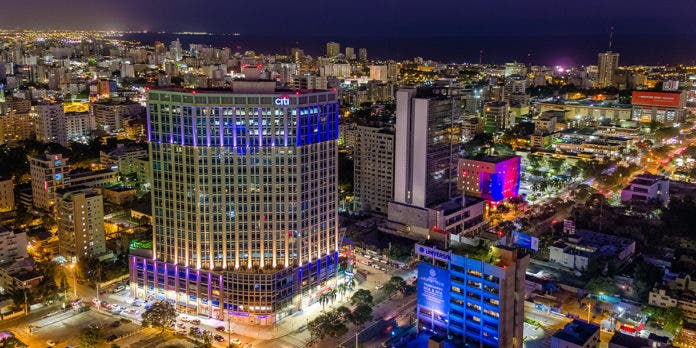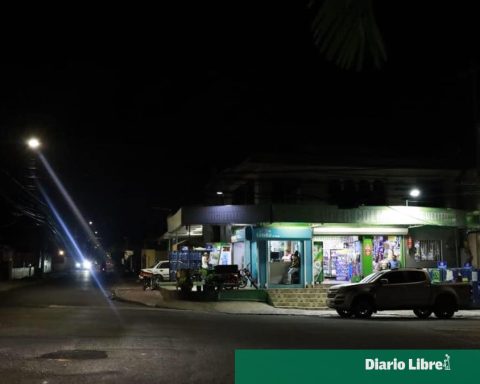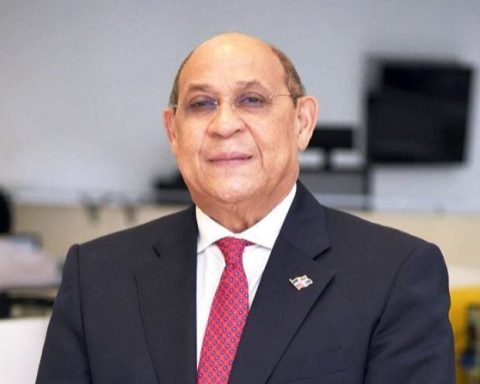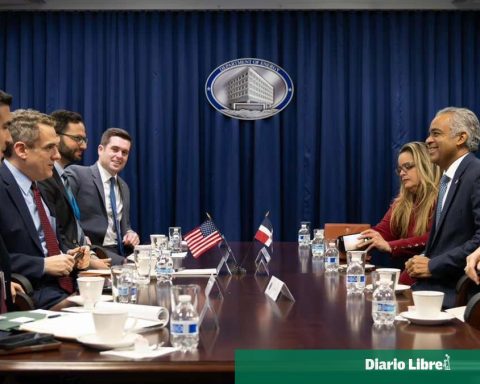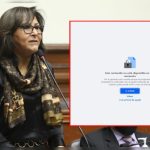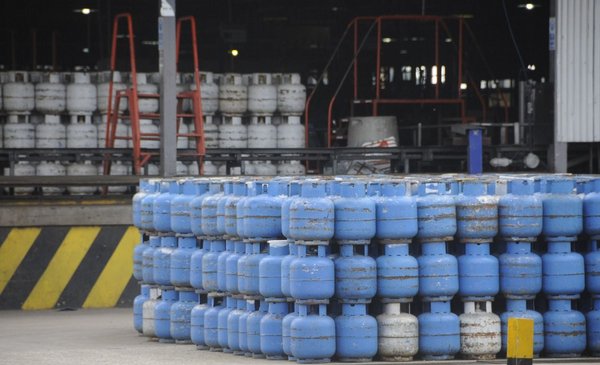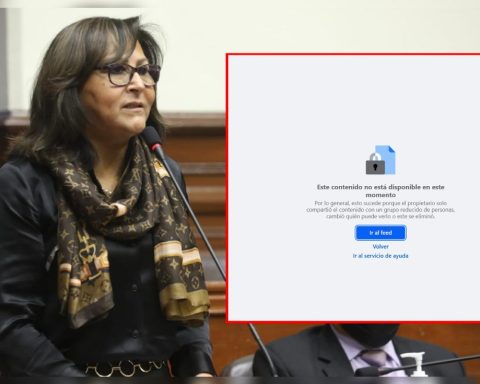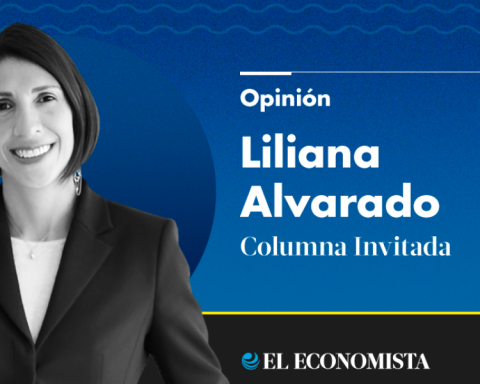The international context is the key to the economy of the Dominican Republic. This summarizes the forecasts that experts analyzed on the expectations of the country’s economy, when there are only nine days left to enter a pre-election year.
The knowledgeable people who spoke with this newspaper essentially pointed to currencies, inflation, foreign investment and the real estate sector as some of the factors that will also intervene for a good macroeconomic outlook.
The reports of the central bankMeanwhile, they detail that inflation for the year 2023 on average will be 5.7%, with an expectation that inflationary pressure will decrease. To this is added the monetary policies dictated by said body, which could influence the next 12 and up to 24 months.
Despite this, experts see an economic growth in the country for the next year: “I perceive a growth between 4 and %, it will not be the same as what we are used to, but it will be basically due to the growth of the United States,” he considered Richard Medinawho added that a recovery of private formal jobs is not expected, added to the expected drop in currencies due to the situation in the United States, and a fiscal deficit of close to 3% of the Gross Domestic Product.
It may interest you: Christmas Eve dinner: the “cry to heaven” of the housewives for the prices
“And it is explained, above all, because since 2023 is a pre-election year, it seems to me that the Government is going to spend a lot on current spending, on subsidies, on (social assistance) cards… it will continue to increase the payroll. To the Dominican Republic, the new debt that is contracted will pay an interest rate that may be twice as expensive as the one we paid at the beginning of this year, therefore, there will have to be spent about 200 million dollars more,” Medina said.
Although Medina’s considerations coincide with what was explained by the also economist Henri Hebrandwho believes that 2023 could end “a little better”, for Hebrand the State will have “special care” with capital spending, because it is a pre-election year.
on your side, Haivanjoe Ng Cortinasalso an economist, believes that the economic behavior next year has to do with several factors: «In the first, at the level of foreign investment; in the second, at the level of exports, which could be declining, tourism, which could slow down, and remittances, which could decrease, given the fact that if these first world economies go into recession, their citizens will not have the ability to travel », he explained.
Meanwhile, Juan Ariel Jiménez, former Minister of Economy, also considers that, despite the fact that inflation will decrease in 2023, lower economic growth is expected. This, due to monetary policy and other factors such as the behavior of international markets, essentially that of the United States, “the stagnation of the construction sector”, due to the drop in real estate investment, private consumption (which is equal to the power purchasing power of 2015).
“But if we add to that the fact that remittances have been falling, because the United States has already stopped the fiscal measures, then we can expect that family income will continue to grow very low next year”said the former official.
What is expected in other countries
The Economic Commission for Latin America and the Caribbean (ECLAC) reported that by 2023 the economy of Dominican Republic will grow 4.6%meaning a slight decrease from the 4.7% that he had projected last October.
In addition, he indicated that the economic slowdown of the region will deepen in 2023 and that the growth rate will be 1.3%, a 0.1% less than estimated last October.
The United Nations body, based in Santiago de Chile, estimates that the regional GDP will close this year with an expansion of 3.7%, higher than the 3.6% forecast three months ago and far from the 6.7% registered in 2021.
According to ECLACthe deceleration started in the second half of 2022 and reflects both “the exhaustion of the rebound effect in the 2021 recovery” and “the effects of the restrictive monetary policiesgreater limitations on fiscal spending, lower levels of consumption and investment and the deterioration of the external context».
“The responses of monetary politics adopted worldwide, in a context of rising global inflation, have caused increases in financial volatility and in the levels of risk aversion and, therefore, have induced lower capital flows towards emerging economies”, indicated the institution.
In the Preliminary Balance of the Economies of Latin America and the Caribbean 2022 presented this Thursday, the ECLAC points out, however, that “the reduction what is expected in the global inflation for 2023 will tend to moderate increases of the monetary policy rates of the main central banks”.
